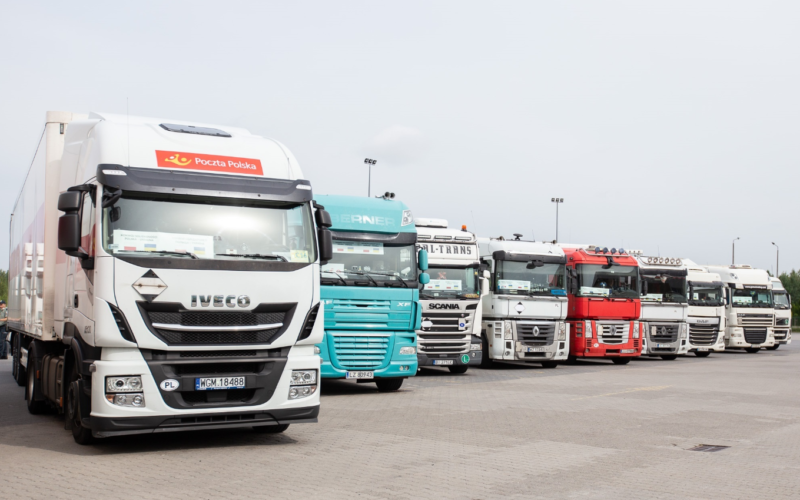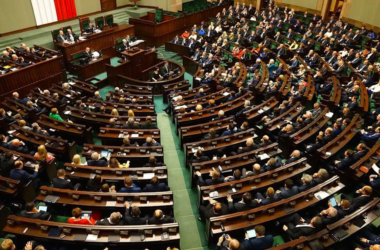Polish truckers and farmers have intensified their protests by launching a continuous blockade at the Medyka border crossing, one of the busiest entry points between Poland and Ukraine. This expansion of the demonstration, which began on Monday, further compounds the challenges faced by thousands of stranded lorries, creating extensive queues that stretch for miles.
The primary grievance of the Polish truckers revolves around the alleged competitive disadvantage they face against Ukrainian companies. These companies, they argue, offer services at lower prices and have expanded their operations within the European Union, rather than solely facilitating trade between the EU and Ukraine.
Tomasz Borkowski, the leader of the Committee to Protect Transporters and Transport Employers, a Polish union, expressed a desire to conclude the protest swiftly, acknowledging the burdens it imposes on both the truckers and the surrounding community. However, he emphasized their commitment to persist until their terms are met.
Since November 6, Polish truckers have been blocking access to three other border crossings, advocating for the reinstatement of a permit system for Ukrainian and EU truckers. The permit system, abolished after Russia’s invasion of Ukraine in 2022, is a key demand of the protesters. They also seek exemptions for humanitarian aid and military supplies.
The waiting time for trucks at Medyka, one of the eight road border crossings with Ukraine, currently stands at 127 hours, according to data from the Polish border guard. The protesters are calling for the exclusion of empty EU trucks from Ukraine’s electronic queuing system and measures to prevent Belarusian and Russian hauliers from circumventing sanctions by establishing companies in Poland.
In addition to the truckers’ blockade, farmers at Medyka are staging a parallel protest, urging continued government support to address the challenges posed by low grain prices.
The ongoing demonstrations have sparked concerns in Ukraine, where officials argue that the blockade is negatively impacting the country’s fragile wartime economy. Export hindrances and disruptions to essential supplies, such as motor vehicle gas (LPG), are cited as key issues. Ukraine’s reliance on roads and railways for imports and exports has increased substantially since the war, with Black Sea ports largely inaccessible due to Russia’s control.
The Ukrainian Infrastructure Ministry estimates that, on average, 40,000-50,000 trucks cross the border with Poland each month via existing crossings, double the pre-war figures. The majority of these goods are transported by Ukraine’s own fleet. As tensions persist at the Medyka border crossing, the economic ramifications for both nations continue to escalate.








